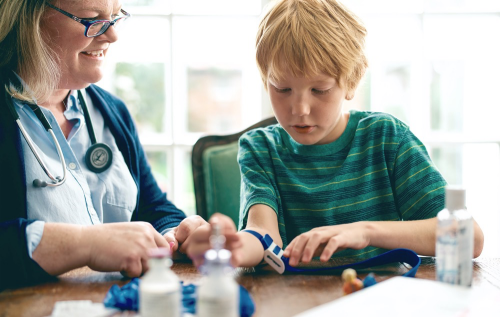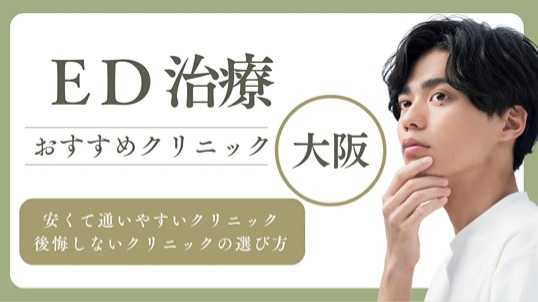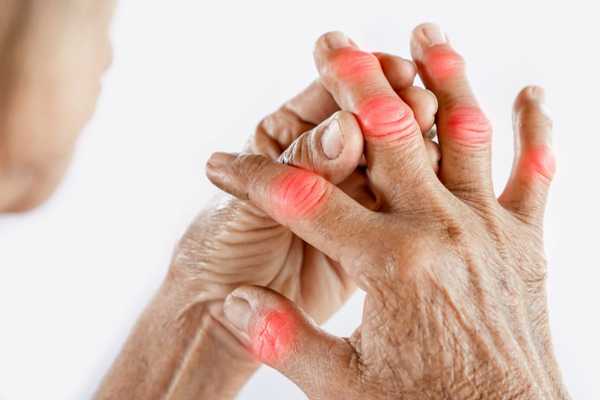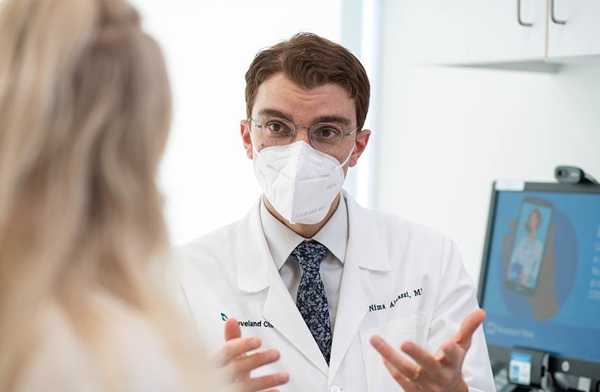Prêt rapide en ligne : la solution idéale pour vos besoins urgents
Homeopathy in Hemophilia: A Natural Approach to Healing
Hemophilia, a genetic disorder that impairs the blood's ability to clot, presents unique challenges for those affected. The condition often leads to prolonged bleeding episodes, with repeated internal bleeding causing joint damage and other complications.
Hemophilia, a genetic disorder that impairs the blood's ability to clot, presents unique challenges for those affected. The condition often leads to prolonged bleeding episodes, with repeated internal bleeding causing joint damage and other complications.
While traditional treatments like clotting factor replacement therapy have significantly improved the prognosis for individuals with hemophilia, many are now exploring homeopathy as a complementary option to manage symptoms and enhance their overall well-being. This article delves into how homeopathy can be integrated into hemophilia care.

How Homeopathy Works in Hemophilia Treatment
Homeopathy is a holistic form of medicine that aims to stimulate the body’s natural healing processes. Rather than focusing solely on symptom management, homeopathy works to restore balance to the body’s vital energy, which can help improve overall health. In the case of hemophilia, homeopathic remedies target specific aspects of the condition, such as clotting, joint health, and emotional well-being, with the goal of supporting the body’s ability to heal itself.
1. Supporting Blood Clotting
One of the primary concerns for individuals with hemophilia is the inability of the blood to clot properly. Homeopathic remedies like Phosphorus, Arnica montana, and Calendula are believed to enhance the body’s ability to form clots. These remedies stimulate circulation, promote tissue repair, and help reduce the duration and severity of bleeding episodes. For instance, Arnica montana is widely used to address trauma and bruising, reducing blood loss after injury.
2. Relieving Joint Pain
Joint pain, also known as hemophilic arthropathy, is a common complication of hemophilia, caused by repeated internal bleeding into the joints. Remedies like Rhus tox and Bryonia are frequently prescribed to alleviate inflammation, stiffness, and pain in the joints. These remedies help reduce swelling and promote better mobility, allowing patients to experience more comfort and improved joint function.
3. Reducing Bruising and Swelling
Bruising and swelling are common concerns for hemophilia patients, especially following minor injuries. Homeopathic treatments like Arnica montana and Ledum help reduce swelling and bruising, easing the recovery process after an injury. These remedies are known for their ability to reduce inflammation, which is critical in minimizing the damage caused by bleeding under the skin.
4. Enhancing Immune Function
Individuals with hemophilia may be at increased risk of infections due to frequent transfusions or surgeries. Homeopathic remedies such as Echinacea and Thuja are used to boost immune function, supporting the body’s ability to ward off infections and heal more effectively. This is particularly important for hemophilia patients, as infections can complicate recovery and increase the risk of additional health problems.
5. Emotional Well-being
The emotional toll of living with a chronic condition like hemophilia can be significant. Anxiety, depression, and stress are common among patients, especially when facing frequent hospital visits or treatment regimens. Homeopathic remedies like Ignatia are used to address emotional distress, easing symptoms of anxiety, stress, and depression, and helping patients maintain a sense of emotional balance.
Benefits of Homeopathy for Hemophilia Patients
1. Affordability and Accessibility
Traditional treatments for hemophilia, such as clotting factor replacement therapy, can be prohibitively expensive. Homeopathic remedies, on the other hand, are generally more affordable and accessible. For many patients, homeopathy provides a cost-effective option for managing symptoms and complementing existing treatment regimens.
2. No Risk of Side Effects
Unlike blood transfusions or clotting factor treatments, which carry risks of infection (e.g., HIV, Hepatitis C), homeopathic remedies are made from natural substances and are generally free from harmful side effects. This makes them a safer alternative for long-term use, especially for individuals who are concerned about the risks associated with traditional therapies.
3. Complementary to Conventional Treatment
Homeopathy should not be seen as a replacement for conventional medical treatment but rather as a complementary approach. It can be used alongside clotting factor therapy and other treatments to manage mild symptoms, support joint health, and promote overall recovery. Homeopathy’s gentle approach makes it a useful adjunct to traditional care.
4. Gentle and Non-Invasive
Homeopathy is a non-invasive treatment that does not involve the use of harsh chemicals or injections. This makes it particularly well-suited for long-term use, as it is gentle on the body and does not require invasive procedures. For hemophilia patients, who may already be undergoing frequent treatments and procedures, the gentle nature of homeopathy offers a welcome alternative.
5. Focus on Long-Term Wellness
Homeopathy’s focus is not just on alleviating symptoms but also on promoting long-term health. By stimulating the body’s natural healing mechanisms and supporting the immune system, homeopathy can help reduce the frequency of bleeding episodes and promote better overall health and vitality.
Is Homeopathy Safe for Hemophilia Patients?
Yes, homeopathy is generally considered safe for hemophilia patients, especially when used under the guidance of a qualified homeopathic practitioner. Because homeopathic remedies are highly diluted, they are unlikely to interfere with conventional treatments, such as clotting factor therapy. It’s important, however, for patients to consult with their healthcare providers before incorporating homeopathic remedies into their care regimen to ensure safety and avoid any potential interactions.
Common Homeopathic Remedies for Hemophilia
- Arnica montana: Reduces bruising, swelling, and pain after an injury.
- Phosphorus: Supports blood clotting and circulation.
- Bryonia and Rhus tox: Effective for reducing joint pain, stiffness, and inflammation.
- Ledum palustre: Helps with puncture wounds, swelling, and bruising.
- Echinacea: Boosts the immune system, especially after transfusions or surgeries.
Conclusion
While there is currently no cure for hemophilia, homeopathy offers a natural, safe, and cost-effective way to support traditional treatment options. By addressing symptoms such as bleeding episodes, joint pain, and emotional distress, homeopathy can improve the overall quality of life for hemophilia patients. Used alongside conventional therapies, homeopathic remedies help manage symptoms, reduce the risk of side effects, and support long-term wellness.
As always, it’s essential for hemophilia patients to consult with their healthcare providers before adding any new treatment to their regimen. With the right guidance, homeopathy can play an important role in a comprehensive, individualized approach to hemophilia care.











